Health a sword of Damocles over Jacinda Ardern’s premiership
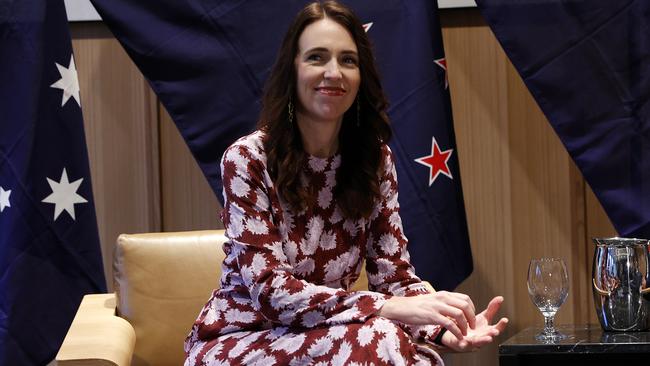
Far fewer, however, will be surprised if Jacinda Ardern resigns before next year’s election. Since the 2020 election, support for the Labour government has fallen from 50 per cent to the mid-to-low 30s. Ardern’s personal popularity has dipped as that of National’s new leader, Christopher Luxon, has risen. The slide for Ardern and her party seems inexorable.
Wherever you look — whether it’s a failing health system, fuel and food price rises, increasing gun violence, crimped building supplies, or opposition to co-governance with Maori in water management — the government is taking a battering on nearly every front.
However, the crisis in health care is the most immediately damaging issue for the government — not least because Ardern’s strict elimination policy for Covid was sold to the public during 2020-2021 as the best way to avoid hospitals being overrun. And now they are.
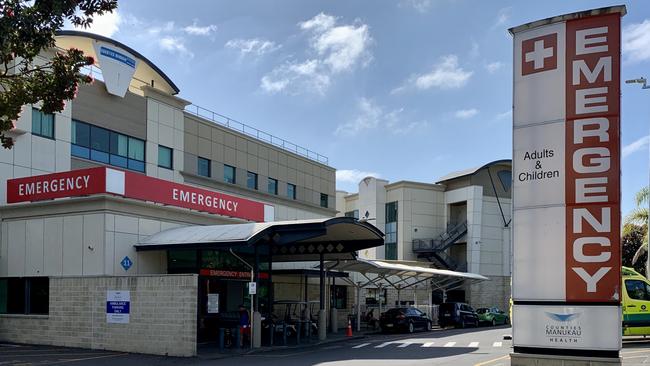
This week the number of daily Covid community cases passed 10,000, forcing Ardern to quash speculation that the nation might need to return to the restrictive “red” setting of her infection management framework.
In fact, she has little room to move. Such a drastic shift would not only be political suicide but would make her overseas missions - including her current five day tour of Melbourne and Sydney - to convince the world that New Zealand is open for business completely pointless.
Day by day, news media are highlighting just how much pressure the nation’s hospitals are under, with harrowing reports of patients being neglected as a result of understaffing and an influx of patients with flu or Covid.
One woman died from a brain bleed after leaving a stretched emergency department and another had to wait two days to deliver her dead baby.
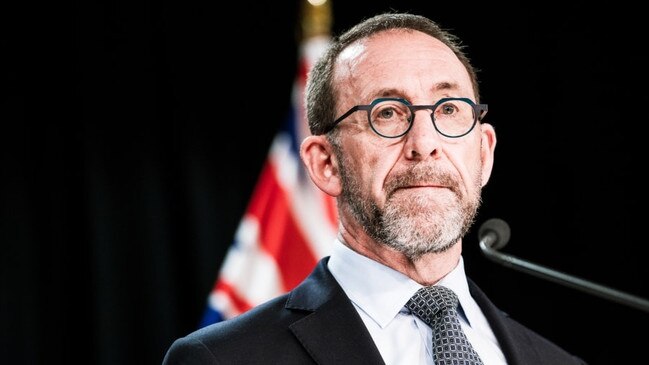
The health crisis facing the government has been described by Ian Powell, a former executive director of the Association of Salaried Medical Specialists, as a “sword of Damocles” hanging over its electoral chances.
It doesn’t help that Health Minister Andrew Little has busied himself remaking the entire health system in the middle of a pandemic, while failing to ensure nurses and medical specialists could enter the country in sufficient numbers.
Last week National’s health spokesperson, Dr Shane Reti, revealed the government was sent a letter signed by the nation’s 20 District Health Boards that warned of an impending staffing crisis almost a year ago. It asked for immigration settings to be changed urgently to deal with shortages.
As Powell noted: “New Zealand has one of the highest dependencies on overseas recruitment [for medical specialists] in the OECD. We are in fierce competition with Australia. But, whereas the overall salary gap between Australia and New Zealand favours the former by around 20-30 per cent, for specialists the gap is more than 60 per cent.”
The new health system, which has created a powerful stand-alone Māori Health Authority, began operating on July 1 but Little has admitted the reshuffled bureaucracy is unlikely to show gains for at least two years — and some critics say it will take a lot longer.
Perhaps as a result of being put so thoroughly on the back foot on so many fronts, the government seems to have decided its best defence is to attack the National Party as being hostile to women.
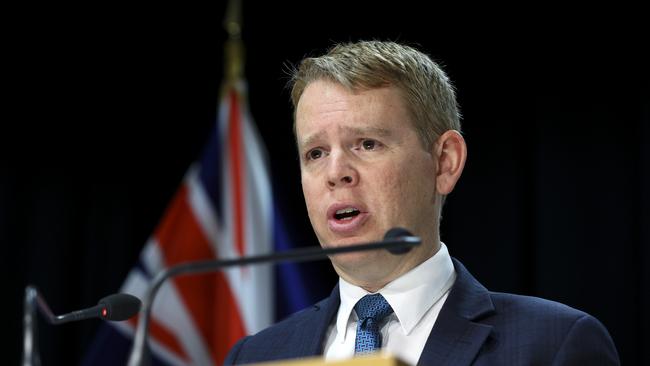
The tactic has been viewed as one born of desperation. Radio host Sean Plunket described it as Labour “desperately trying to get back all the female voters” Ardern won in 2020 who have drifted away.
Last week, the new Police Minister, Chris Hipkins, reacted to criticism by National MP Mark Mitchell that he should be paying attention to crime rather than celebrating “diversity” among police ranks. He alleged National had “a problem with women”.
Deputy Prime Minister Grant Robertson also latched onto the US Supreme Court ruling on Roe v Wade to float the idea that Luxon cannot be trusted to keep his word not to change the law if he leads the next government.
In 2020, abortion was removed from the Crimes Act and made a health issue. Luxon has said repeatedly the law is safe but Labour is doing its best to sow seeds of doubt. How much the campaign — dubbed “Project Fear” by one media commentator — will harm Luxon and boost Labour’s fortunes remains to be seen.
Luxon will be able to take heart, however, from the fact that former Prime Minister Bill English — also a religious conservative — won 44 per cent of the party vote in 2017 compared to Ardern’s 36 per cent.
And that was in a year when the debate over euthanasia — to which English was firmly opposed — was raging in New Zealand.
Graham Adams is an editor and journalist who writes mainly about New Zealand politics.

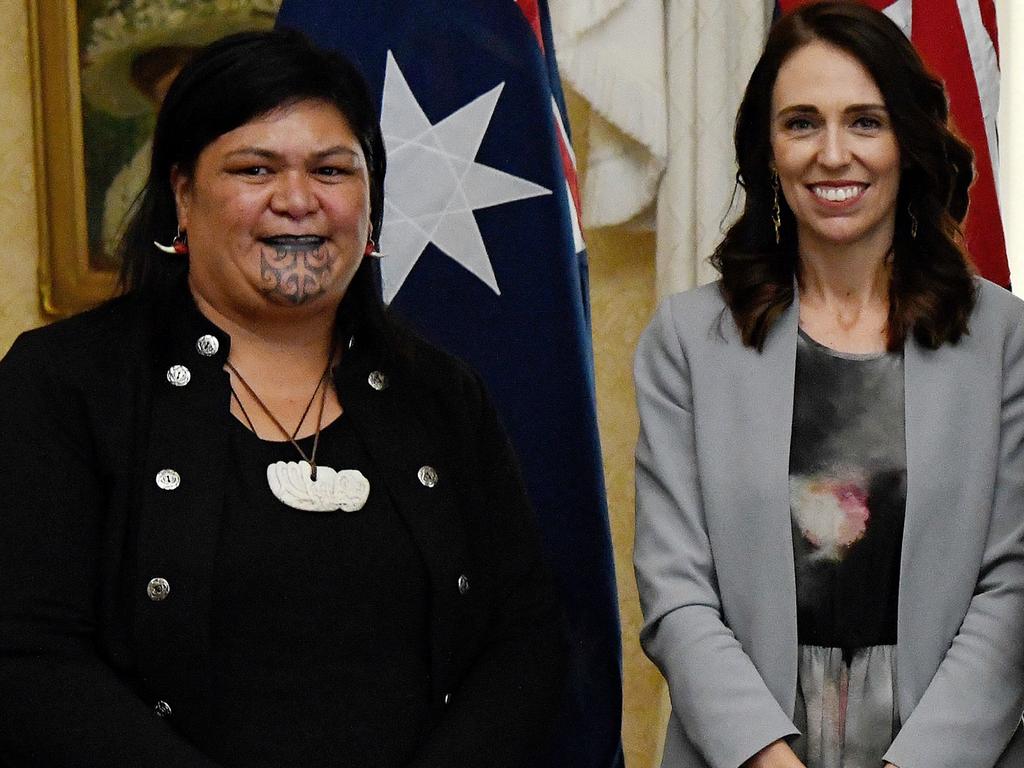
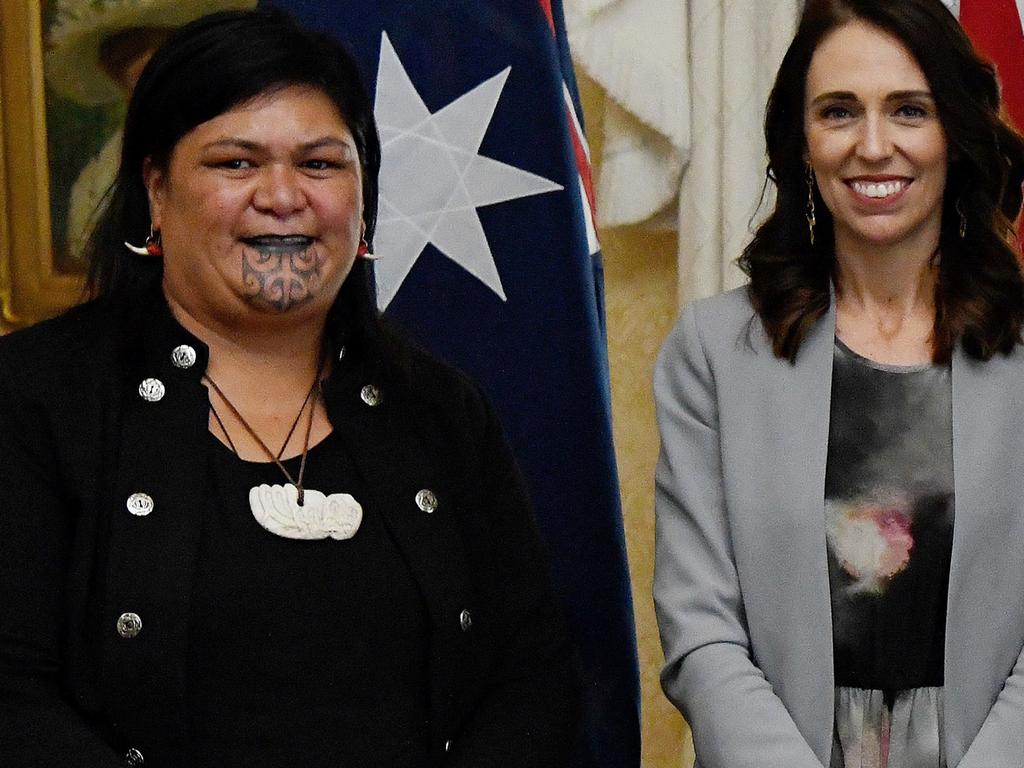
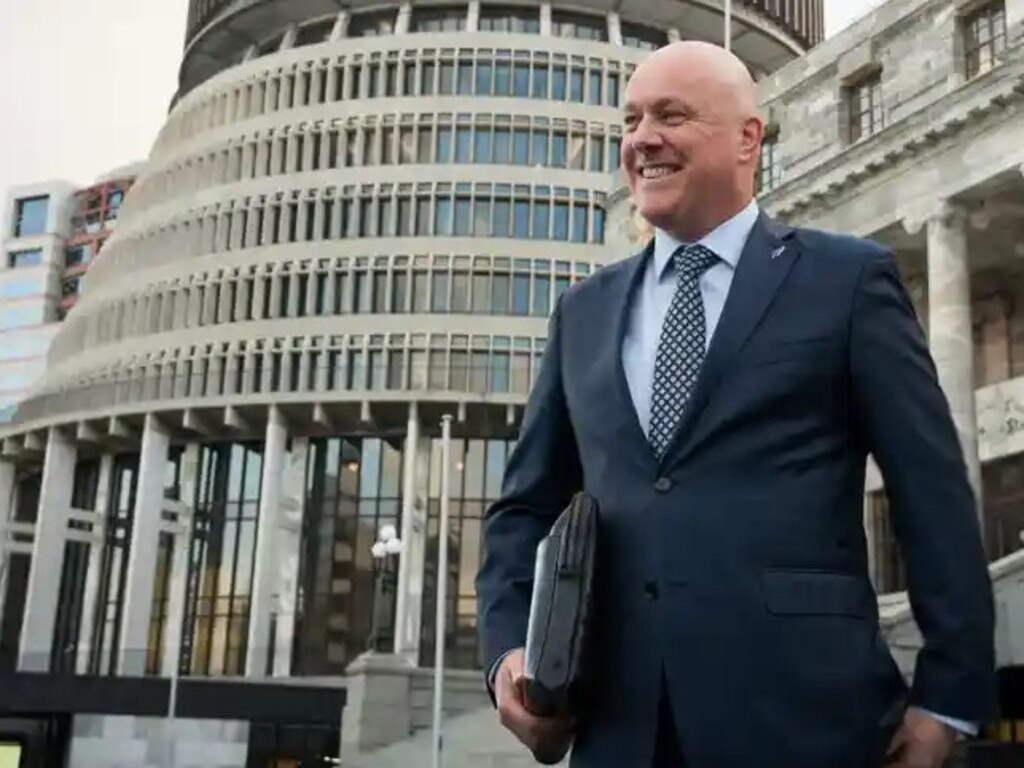
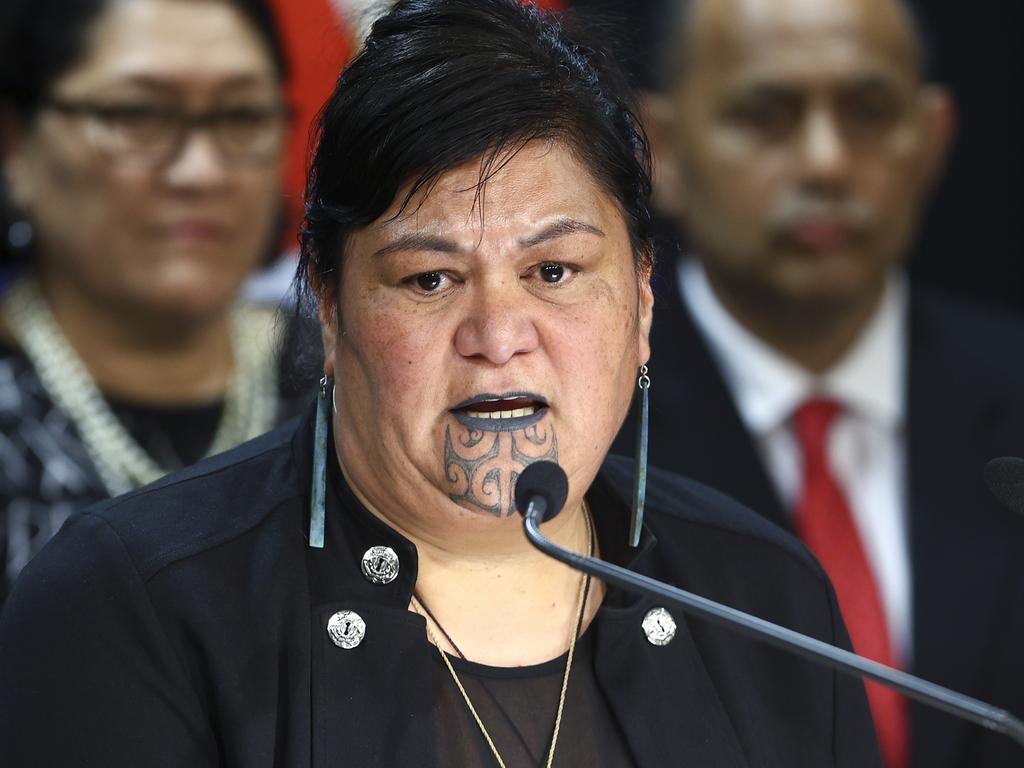

When John Key stepped down as New Zealand’s Prime Minister in December 2016, even those who followed politics closely were surprised.